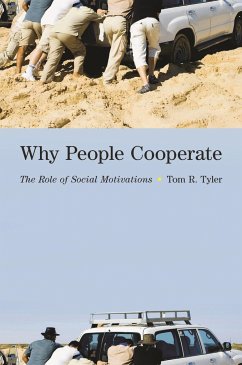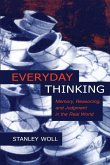"In Why People Cooperate, Tyler demonstrates how a focus on fair procedures administered in an atmosphere of mutual trust can create groups that voluntarily function to produce effective problem solving efforts. Those concerned with productive functioning in groups, organizations, and societies will do well to attend to Tyler on the social motivations that lead to success in those settings."--John Darley, Princeton University "Why People Cooperate provides nothing less than a new direction for the social sciences. Tyler gathers a wide array of disparate phenomena--morality, emotions, norms, attitudes, legitimacy, self-esteem, and trust--under a single theoretical umbrella. The book provides convincing evidence that these phenomena can produce cooperative workers and citizens because they affect the innate human desire to associate in positive ways with each other."--Jeffrey J. Rachlinski, Cornell Law School "For decades, social science thinking has been dominated by the assumption that human behavior is primarily instrumental--that people's behaviors are determined by the rewards and punishments that result from their actions. Making a major and enormously important paradigmatic shift, Tyler argues instead that social motivations based in attitudes, values, identity, procedural justice, and motive-based trust are often a far more significant determinant of human behavior and a more effective and less costly tool for institutional design. This book is a must-read not only for academics looking for an alternative to the instrumental model of human behavior, but for any individual concerned with what is needed to make institutions and society work effectively."--Christopher Winship, Harvard University
Hinweis: Dieser Artikel kann nur an eine deutsche Lieferadresse ausgeliefert werden.
Hinweis: Dieser Artikel kann nur an eine deutsche Lieferadresse ausgeliefert werden.








